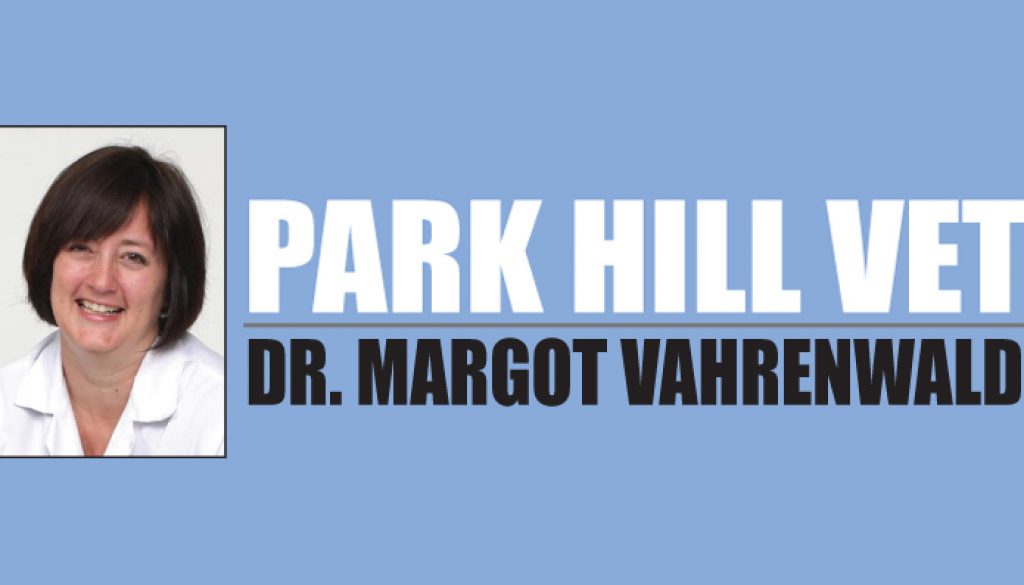Aging Is Inevitable
But It Doesn’t Have To Be Painful
“You can’t help getting older, but you don’t have to get old.”
– George Burns
Things don’t stay the same. Eyesight weakens. Hearing becomes selective. Taste becomes duller. These are all the normal course of aging – for humans and for our furry family members. It is inevitable, but it doesn’t mean that quality of life must deteriorate.
It’s easy to forget that while your playful puppy may be seven or eight years old in human years, he or she is physiologically and physically older – the equivalent of 45 to 50 years. Or that your 10-year-old cat snoozing away in the sunshine has much in common with a 55- to 60-year-old man or woman. That there may be some quietly creaky knees or hips making it harder to go for long hikes, or even just up and down the stairs or to get comfortable in the litter box.
Aging is normal, calming even, but it can also be the gateway to the development of chronic health issues from mild to severe. It is easier to gain weight than lose. It can take longer to recover from strenuous exercise or stressful events. Insults over time from conditions such as chronic dental disease can start to impact the function of major organs such as the kidneys, liver or heart.
Our pets do not frequently communicate those changes in obvious ways. We may see that it takes longer for them to go around the block or that they are having difficulty getting up, but most of our pets – particularly cats – cope with and hide changes until unable to do so anymore. They are masters of hiding the symptoms of pain.
As our pets grow older, they need more regular veterinary care as well as tender loving care, but much can be done to keep them happy and healthy. Your veterinarian can help you plan out what needs to be done for screening for changes, such as annual laboratory diagnostics to trend for any changes in liver or kidney functions. Supportive care with supplements, medication, specialized nutrition or cold laser therapy can make a big impact too.
It continually surprises me the degree of painful dental and periodontal disease that we uncover with a dental procedure – and how improved and happy the owners report the patient afterward. We can avoid much of that discomfort with daily home dental care and regular professional veterinary dental cleanings throughout a pet’s life.
Health changes and illnesses are always better dealt with if identified earlier rather than later. Aging, in and of itself, is not a disease, but it does open the door to physiologic changes that leads to illness, inflammation and/or pain. Illnesses that are more common with aging, such as arthritis, diabetes and cancer, can be found and helped by twice yearly physical examinations and regular screening blood work.
Dr. Margot Vahrenwald is the owner of Park Hill Veterinary Medical Center at 2255 Oneida St. For more information, visit www.parkhillvet.com

